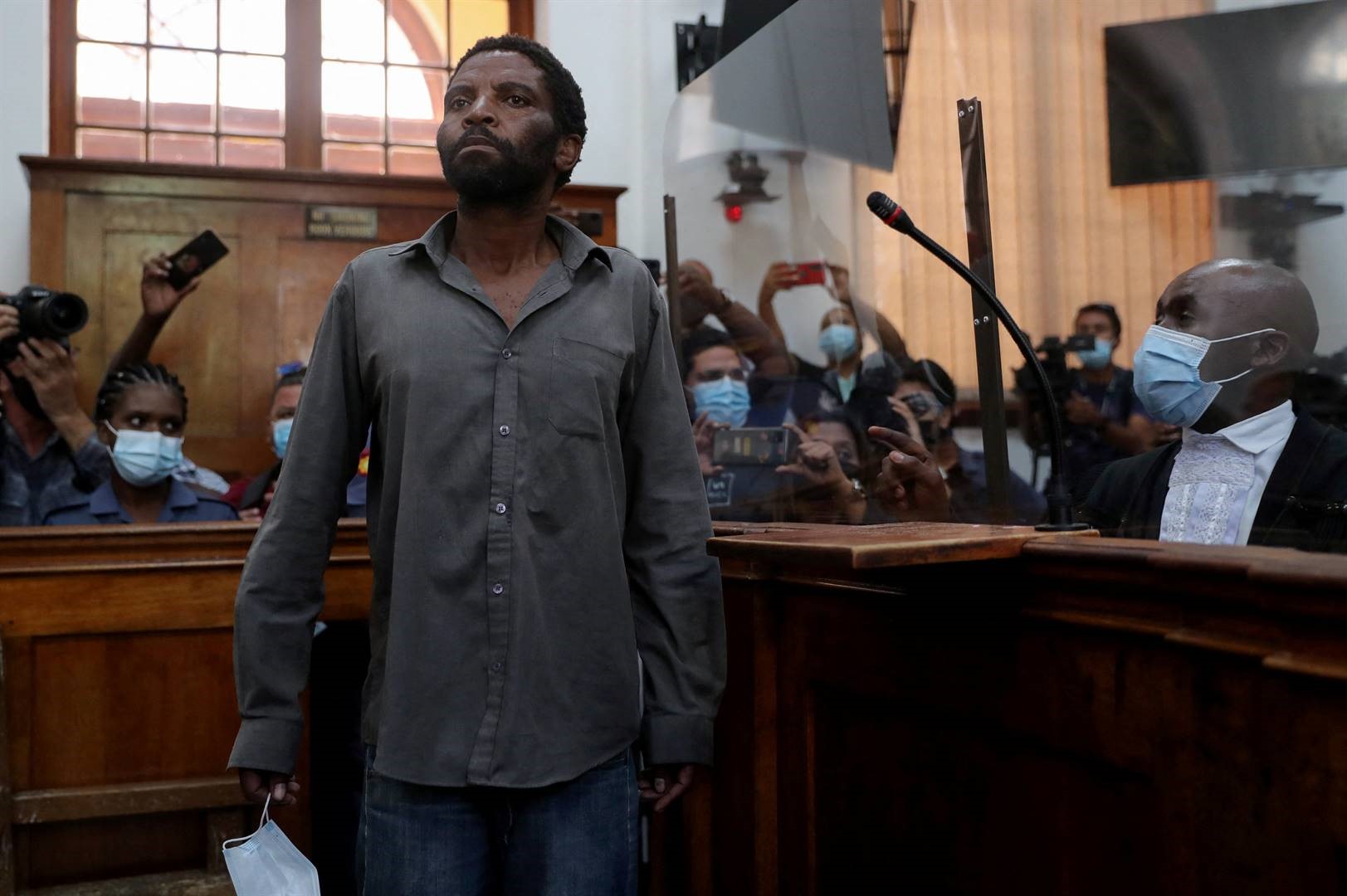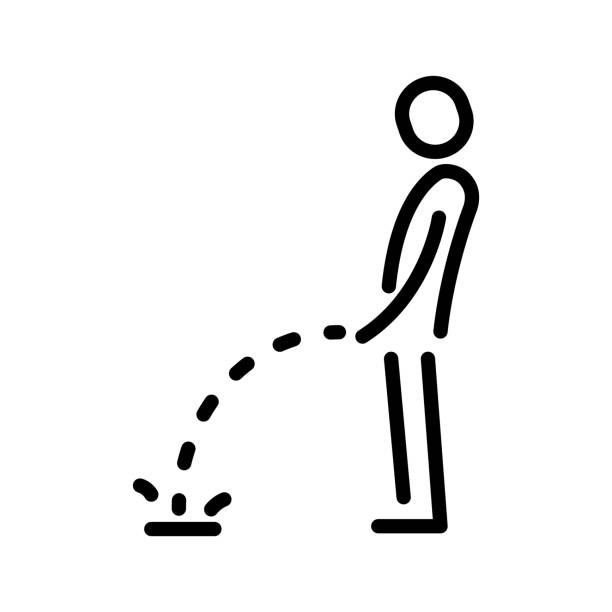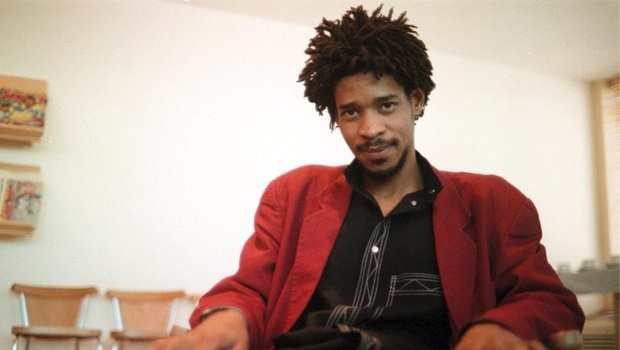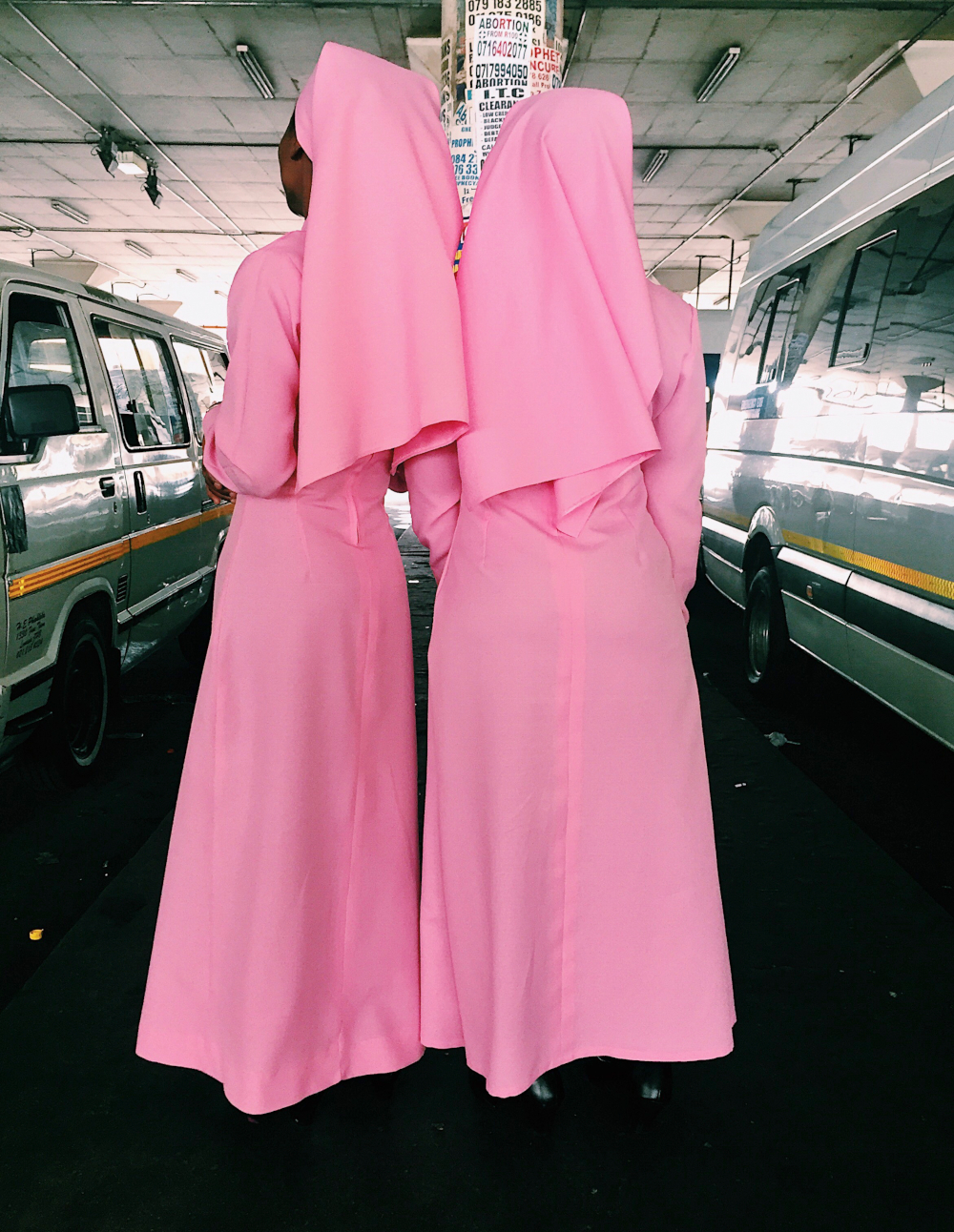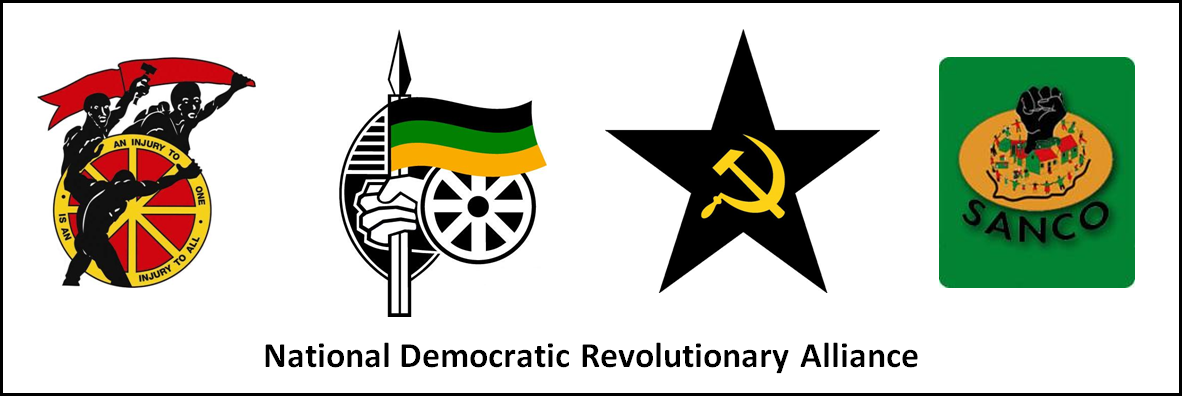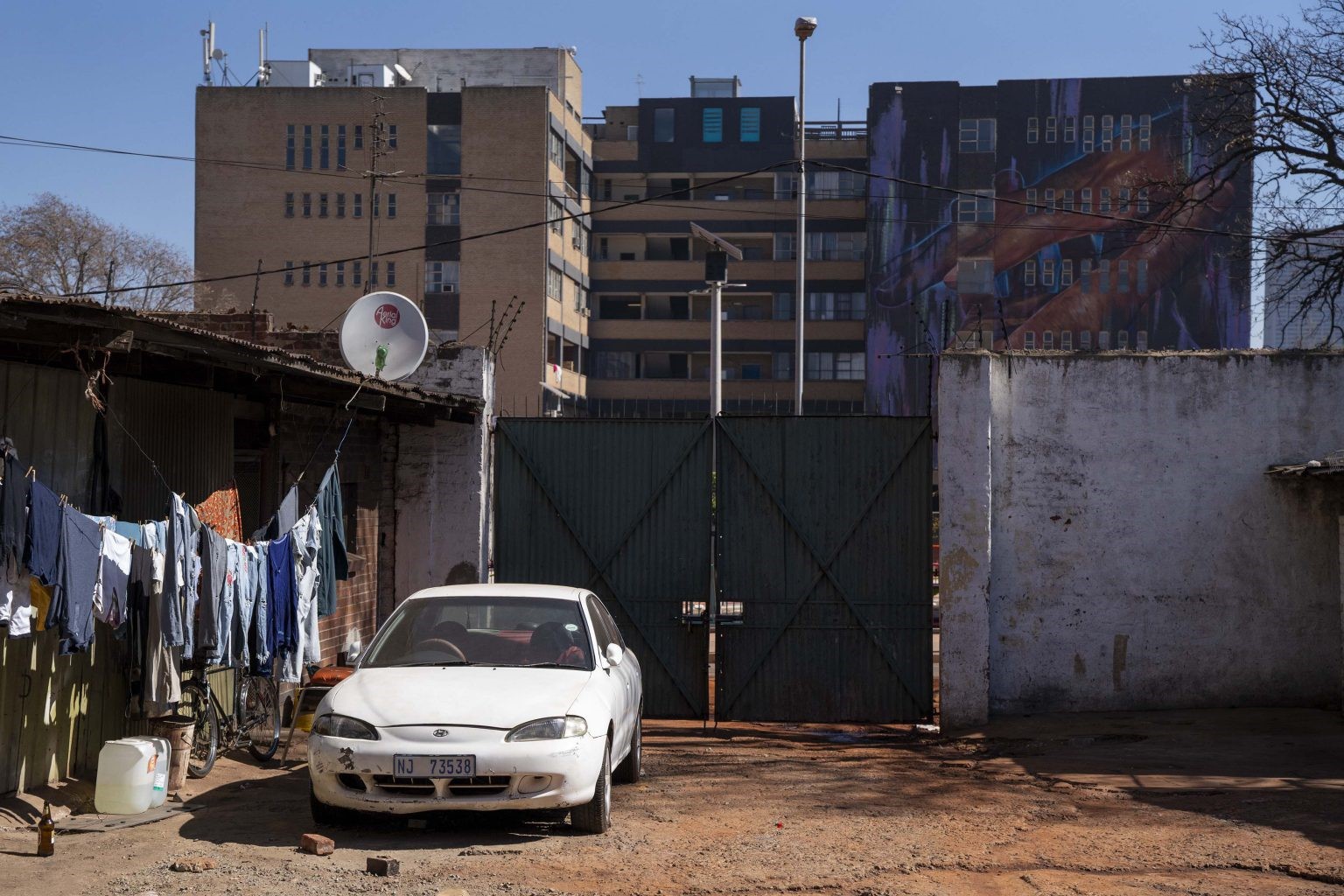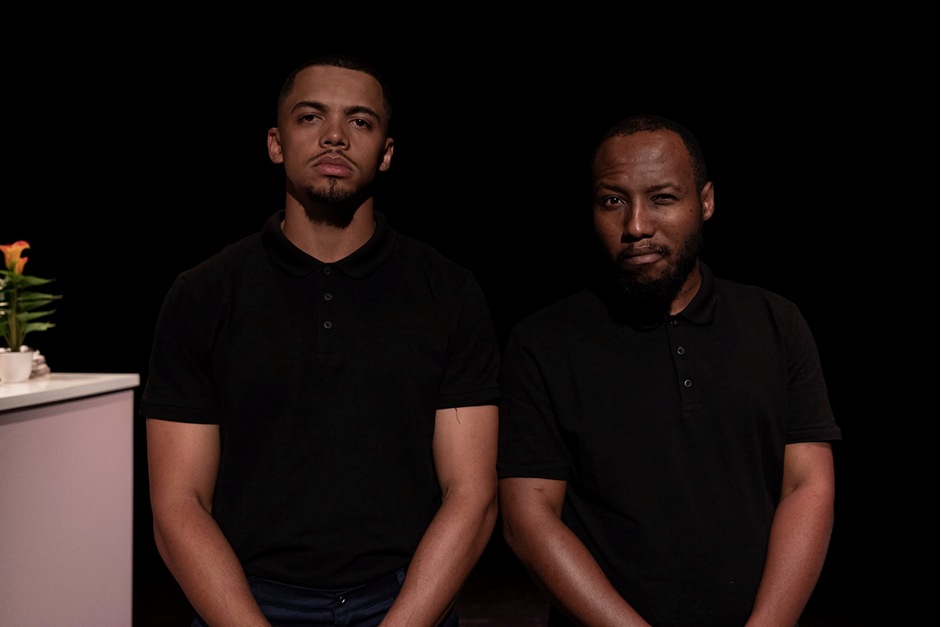Zandile Mafe, the convenient scapegoat of our government's ineptitude and trickery, has become an object of public scrutiny and humiliation. And the violence of the media and journalists on his body and the psyche! I’m reminded of one of the mothers of the Gugulethu Seven in the Truth and Reconciliation Commission (TRC) testimonies. Her mystic utterances about the goat in her dreams (which went over everyone’s head) enacted research that extended to her place of upbringing, the Eastern Cape. This testimony became an object of fascination, perhaps even fetishization, because they believed that her utterance was not intelligible. Psychologists, historians and language scholars collaborated on a book to make sense of this mother's words… because she was using the language of dreams, or so they thought. In Zandile’s case, it’s a bit different. It is rather his body and his confused stare that solicit a reading; it’s almost enigmatic, bordering on both fear and confusion.
He surfaces in the public imagination as this poor and unknown man who can easily take the fall for what he probably knows nothing about. And the reported comment of the law enforcement agencies, I think NPA, is that he might have been a spy or agent for powerful others who might have sent him. They seem to want to dig for something dangerous and sophisticated and attach it to Zandile, to do away with the embarrassment facing the government. Having a parliament burn down is an insurmountable disgrace that can take more than a sacrificial lamb like Zandile to cleanse and reverse. What worse thing could happen, after this? The Union Buildings, razed to the ground? Or The Reserve Bank? I cannot think of any country that is as easily disrespected, and security-precarious, like South Africa.
Zandile helps us to unveil a lot about our public administration. His story leads us to an embarrassing conclusion: the state with its pants down. If the state cannot protect citizens from fraudulent pyramid schemes like MMM, Bushiri, and foreign drug and small business syndicates, it surely cannot be expected to prevent disgraceful events like the burning down of the National Assembly.
Zandile’s silent cry at the altar means that a wretched body like him is guilty until proven innocent. His hopelessness represents many damned black bodies in South Africa who are persecuted for being poor. His life is always at the mercy of the jury, for being black and poor, because in the topsy-turvy moral compass of the world, the poor always already has been born guilty, a fact ascertained before the latter’s birth.
Zandile will probably never recover from this incredible psychical assault. I imagine myself as Zandile Mafe; flashes of cameras feeling like stones thrown at me for condemnation. I look around the court, pairs of sharp eyes piercing my skin, perhaps like the needles of the cold of Cape Town during the winter season; tossing and turning on the pavement. The life of invisibility suddenly and violently thrown to the public for all the wrong reasons. Is it so easy to crucify what Foucault calls a social undesirable, the one who is posited outside reason, and mistakenly rubberstamped as idle?
Zandile, the ghost of liberal democracy, comes out to haunt the nation of inequalities. He returns the violent gaze of the onlookers rather blankly, like an empty signifier. Why am I here and suddenly of public interest, he is (perhaps) asking himself?
What does he have to gain from the ashes of files and significant documents, and the burnt down parliament building? What interest does he have in what is said in the everyday sessions of this House, especially as a stroller and a homeless being (who left his house in Cape Flats, perhaps due to hunger and unemployment)? But the security and intelligence agencies require a person to blame, a motive, and a ghostly mastermind who might have a hidden hand reaching out to Zandile. A desperate gesture, if you ask me.
The Zandile Mafe story reveals so much about our government in South Africa: safety and security is not taken seriously. It's only in South Africa where border gates are easily crossed (I don’t mean to be Afrophobic); foreign nationals taking on the police force of the host country (through bribery and other bad practices that in turn compromise our police and military force); a group of white farmers, while protesting, roll over a police vehicle in the presence of the police and cameras and so forth. For the latter, I’m reminded how Kanya Cekeshe was accused of burning down a police vehicle and was incarcerated for four years (good gods he is now out of jail!); but there were no consequences for that treasonous act for those white farmers.
The fear of lawlessness by our government is rather misguided. Practices that undermined the sovereignty of the state have been happening in this country, like one Indian family landing on our Airforce Base in Waterkloof!
Zandile, his face becomes a text for all of us to read responsibly as though he is asking us, what does it mean to be poor and find yourself at the centre of the world for the allegations of treason? We might see ourselves in him, or if not, he is already in us: vulnerable and scared.
Sinethemba Sankara Bizela is a writer and activist based in Meadowlands, Soweto. He is a PhD candidate at Wits University, in the English Department. His research is on Sophiatown writing and the writing about that writing; black aesthetics, and postapartheid writing.

